Electric Bikes: The Future of Two-Wheeler Mobility
Published: 2025-09-17
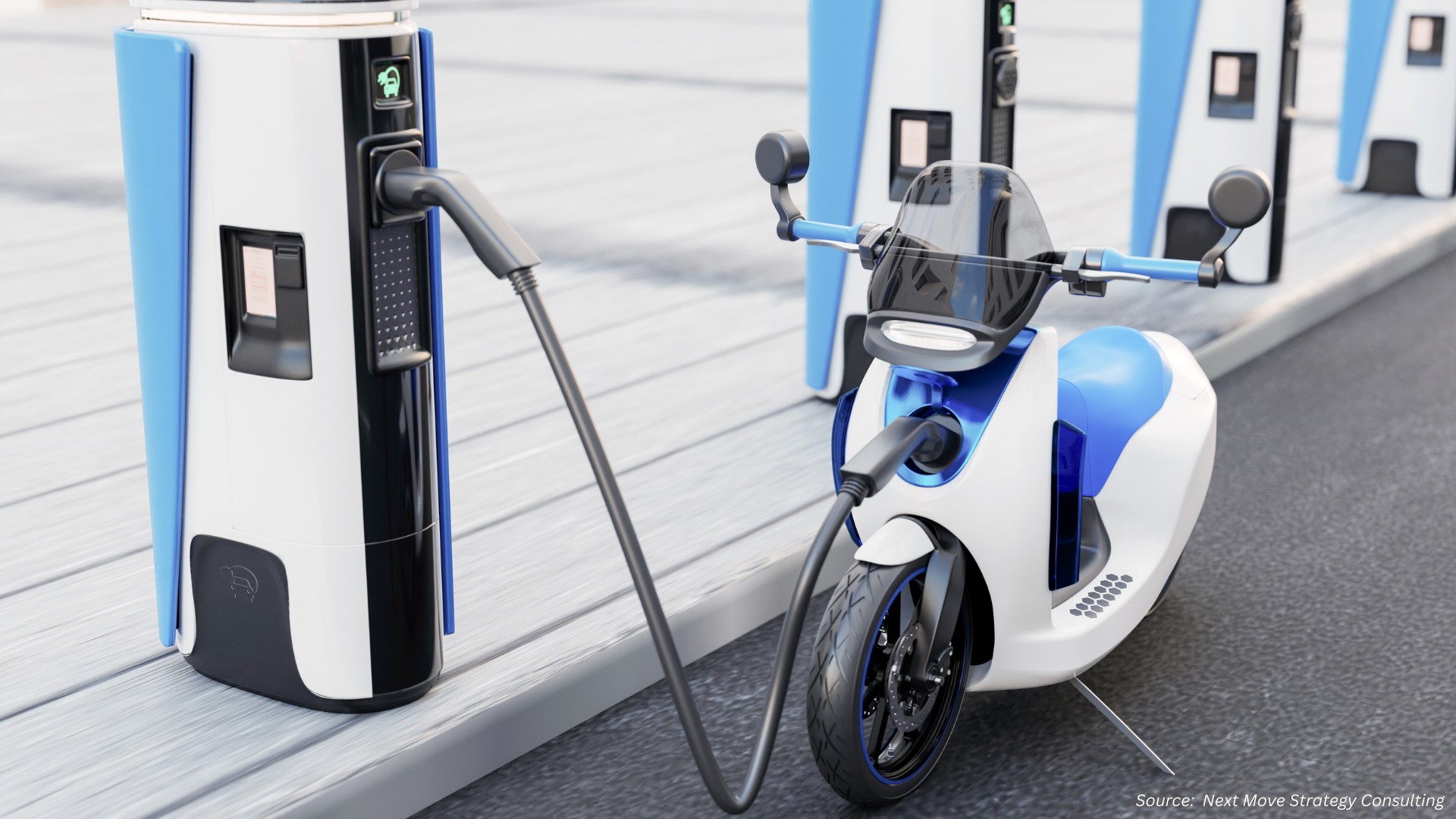
Electric bikes are transforming the way we think about two-wheeler transportation. With advancements in technology and growing market demand, companies like Yamaha Motor and Oben Electric are paving the way for sustainable, efficient, and exciting commuting options.
Yamaha Motor’s Strategic Expansion in Europe
Yamaha Motor, a global leader in two-wheeler manufacturing, is making bold moves to strengthen its position in the electric bike market. In March 2025, the company announced its acquisition of the e-Kit business subsidiary of Brose, a German automotive parts manufacturer specializing in electric motors and bicycle drive units since 2014.
The global Electric Bike Market size is predicted to reach USD 109.53 billion by 2030, with a CAGR of 10.21% from 2022-2030.
This acquisition, set to be finalized by June 2025, aligns with Yamaha’s Medium-Term Management Plan (2025–2027), which identifies electrically power-assisted bicycles as a strategic growth area.
Why This Matters
By acquiring Brose’s e-Kit business, Yamaha Motor is enhancing its development capabilities and establishing a strong foothold in Europe, a key market for electric bikes. The newly formed Yamaha Motor eBike Systems (YMESG) in Germany will focus on:
-
Product Development: Leveraging Brose’s expertise to create innovative drive units.
-
Market Responsiveness: Quickly addressing local customer needs through a European base.
-
Service Network: Utilizing Brose’s 600+ service locations to improve after-sales support.
-
Procurement Efficiency: Streamlining supply chain in the region.
This strategic move positions Yamaha to capture a larger share of the growing European electric bike market, which is expected to see long-term growth due to increasing demand for sustainable transport solutions.
Yamaha’s acquisition of Brose’s e-Kit business strengthens its competitive edge in Europe by enhancing product development and customer service capabilities.
-
Key Takeaway: Strategic acquisitions are critical for global players to meet regional market demands effectively.
Who Are the Key Players Shaping the Global Electric Bike Market?
The electric bike market is intensely competitive, with numerous players driving innovation and growth. Leading companies in the sector include Derby Bicycle, AIMA Ebike, Giant Bicycles, Aventon Bikes, Trek Bicycle Corporation, Yamaha Motor Corporation, MERIDA BIKES, Yadea, Accell Group, Riese & Müller GmbH, Pedego Electric Bikes, Rad Power Bikes Inc., Fuji Bikes, Robert Bosch GmbH, and Blix Electric Bikes.
To strengthen their market position, these players are actively adopting strategies such as product launches, acquisitions, and technical collaborations. For example, in January 2020, Nawa Technologies introduced its hybrid electric motorcycle, the ‘Nawa Racer,’ at the Consumer Electronics Show in Las Vegas. Designed with an ultracapacitor that is 10 times more powerful and 5 times more energy-efficient than conventional capacitors, the battery-powered e-bike offers a range of up to 300 km.
Oben Electric’s Push for Mass-Market Appeal in India
In India, Oben Electric is carving a niche in the electric motorcycle segment. Launched in 2022, the Bengaluru-based company introduced its flagship model, the Oben Rorr, followed by the Rorr EZ in 2025. With a focus on urban commuters, Oben is now gearing up to launch a 100cc-equivalent electric bike in 2025, targeting the mass market.
Targeting India’s Motorcycle Segments
According to Madhumita Agrawal, CEO of Oben Electric, India’s motorcycle market is divided into four segments: mass 100cc, executive-class 125cc, mass-premium 150cc, and luxury. Oben’s strategy focuses on the first three, with the Rorr EZ positioned in the 125cc-equivalent segment. The upcoming 100cc-equivalent bike aims to capture the largest segment, offering affordability and performance.
|
Segment |
Description |
Oben’s Offering |
|
Mass 100cc |
High-volume, budget- |
Upcoming 100cc- |
|
Executive-class 125cc |
Urban commuters |
Rorr EZ (2.6–4.4 kWh) |
|
Mass-premium 150cc |
Performance-oriented |
Not explicitly specified |
|
Luxury |
Premium, niche market |
Not targeted |
Challenges and Opportunities
Agrawal highlights that electric bikes face unique challenges compared to scooters, which dominate India’s EV market. Motorcycles are often primary vehicles, requiring lightweight designs, sufficient range (up to 175 km for Rorr EZ), and performance that meets consumer expectations. Oben addresses these by:
-
In-House Manufacturing: Designing and producing battery, motors, and control units to ensure quality.
-
Strategic Expansion: Planning 50+ touchpoints by March 2025 and 100+ showrooms across 50 cities by FY26.
-
Global Ambitions: Targeting markets like Nepal, Sri Lanka, Africa, and Latin America. With Rs 150 crore in funding, Oben is well-positioned to scale its operations and compete in a market where scooters currently lead but motorcycles are gaining traction.
Oben Electric’s focus on the 100cc and 125cc segments, in-house production, and expansion plans position it to tap into India’s vast motorcycle market while eyeing global markets.
-
Key Takeaway: Localized manufacturing and strategic market targeting are key to scaling electric bike adoption.
Comparing Yamaha and Oben’s Strategies
Both Yamaha Motor and Oben Electric are capitalizing on the growing demand for electric bikes but with distinct approaches tailored to their markets:
-
Geographic Focus: Yamaha targets Europe’s mature market, while Oben focuses on India’s high-volume, price-sensitive market with global aspirations.
-
Product Strategy: Yamaha emphasizes electrically power-assisted bicycles, while Oben focuses on full-fledged electric motorcycles.
-
Business Model: Yamaha leverages acquisitions for growth, while Oben relies on in-house innovation and funding to scale.
Yamaha and Oben demonstrate how global and regional players adapt strategies to meet diverse market needs in the electric bike sector.
-
Key Takeaway: Tailored approaches are essential for success in the varied global electric bike landscape.
The Bigger Picture: Why Electric Bikes Matter
Electric bikes are gaining traction as a sustainable mobility option. Yamaha’s focus on electrically power-assisted bicycles in Europe, as part of its Medium-Term Management Plan (2025–2027), highlights the long-term growth potential of this segment. Similarly, Oben Electric’s expansion in India’s motorcycle market, with plans for a 100cc-equivalent bike and increased showrooms, signals rising demand. While factors like urbanization, government incentives, and consumer interest in eco-friendly transport likely contribute to the growth of electric two-wheelers, the global market’s expansion is supported by strategic moves from companies like Yamaha and Oben.
Electric bikes are poised to grow in key markets like Europe and India, driven by technological advancements and strategic expansions by Yamaha and Oben.
-
Key Takeaway: The electric bike market is a critical component of the broader shift toward sustainable transportation.
Next Steps for Electric Bike Enthusiasts
Ready to embrace the electric bike revolution? Here are actionable steps to get started:
-
Research Models: Explore options like the Oben Rorr EZ (175 km range) for urban commuting or Yamaha’s e-Kit-powered bikes for assisted cycling.
-
Check Incentives: Look into government subsidies for EVs in your region to reduce costs.
-
Test Ride: Visit showrooms (Oben’s 100+ planned by FY26 or Yamaha’s European network) to experience performance firsthand.
-
Evaluate Charging Needs: Ensure access to charging infrastructure or home charging solutions.
Stay Informed: Follow industry updates from credible sources like Yamaha’s newsroom or The Times of India for the latest on electric bikes.
Taking informed steps can help you seamlessly transition to electric bikes, aligning with the future of mobility.
-
Key Takeaway: Proactive research and engagement with trusted brands ensure a smooth shift to electric biking.
About the Author
 Nitrishna Sonowal is a skilled SEO Executive and Content Writer with over 3 years of experience in the digital marketing industry. With a deep understanding of the ever-evolving digital landscape, she blends analytical insights with creative storytelling to deliver impactful digital solutions. She creates content that resonates with both clients and readers alike. Outside of work, she enjoys dancing, baking, and traveling to new places.
Nitrishna Sonowal is a skilled SEO Executive and Content Writer with over 3 years of experience in the digital marketing industry. With a deep understanding of the ever-evolving digital landscape, she blends analytical insights with creative storytelling to deliver impactful digital solutions. She creates content that resonates with both clients and readers alike. Outside of work, she enjoys dancing, baking, and traveling to new places.
About the Reviewer
 Sanyukta Deb is a skilled Content Writer and Digital Marketing Team Leader, specializing in online visibility strategies and data-driven campaigns. She excels at creating audience-focused content that boosts brand presence and engagement, while also pursuing creative projects and design interests.
Sanyukta Deb is a skilled Content Writer and Digital Marketing Team Leader, specializing in online visibility strategies and data-driven campaigns. She excels at creating audience-focused content that boosts brand presence and engagement, while also pursuing creative projects and design interests.
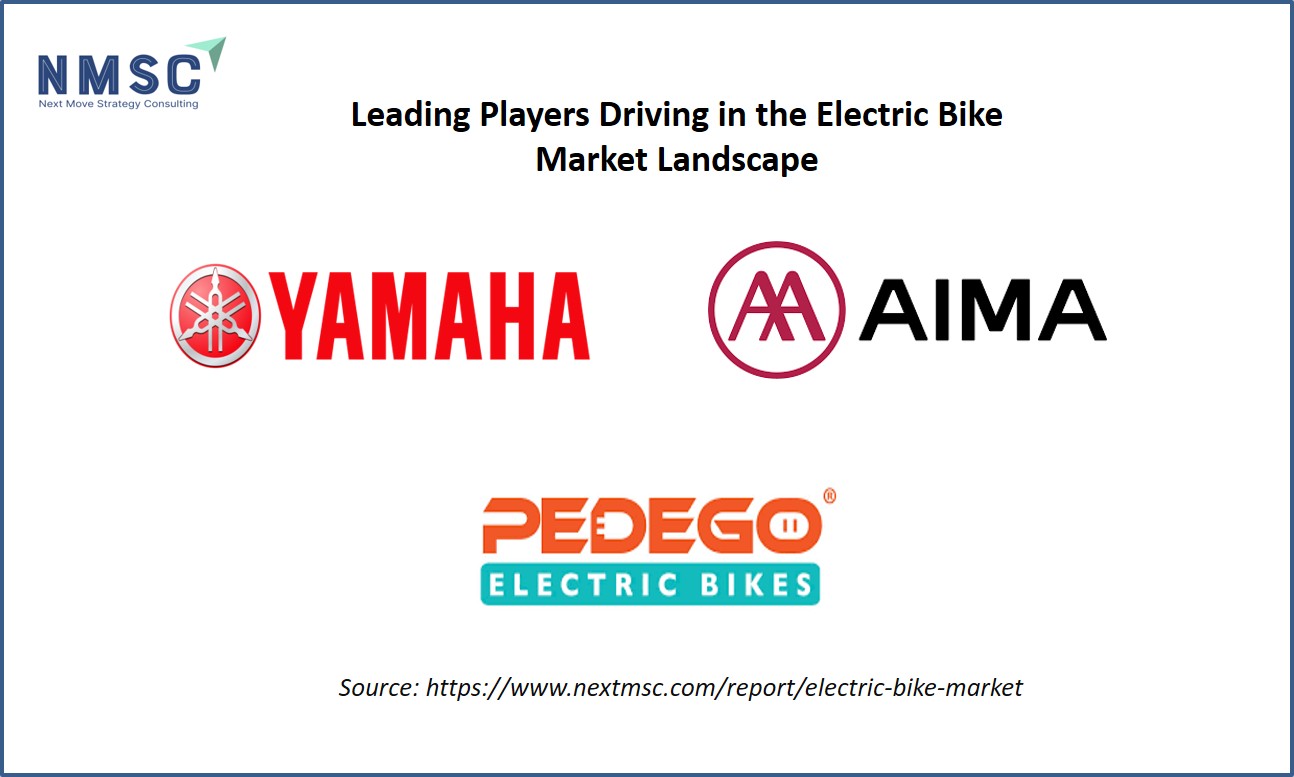








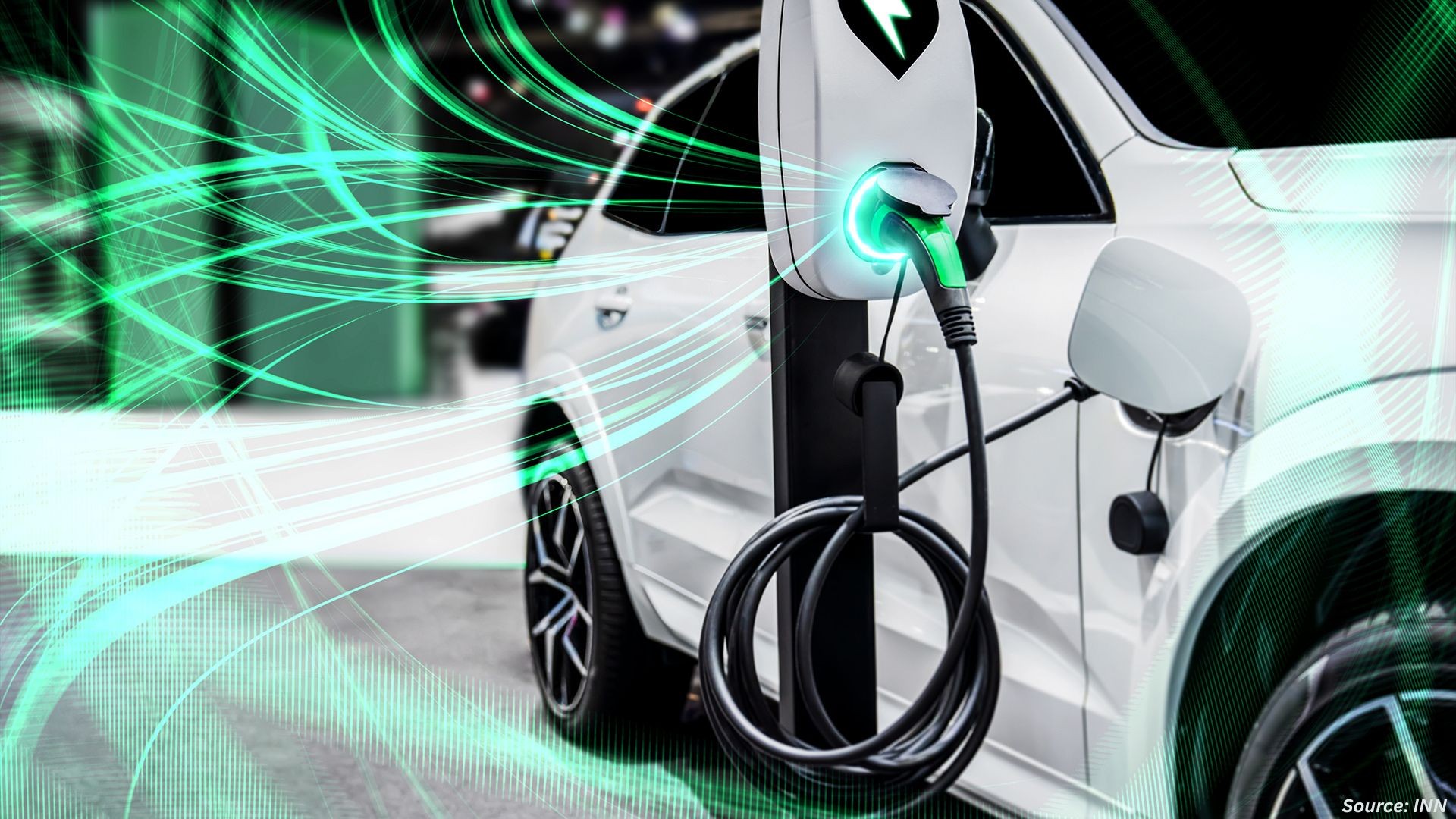

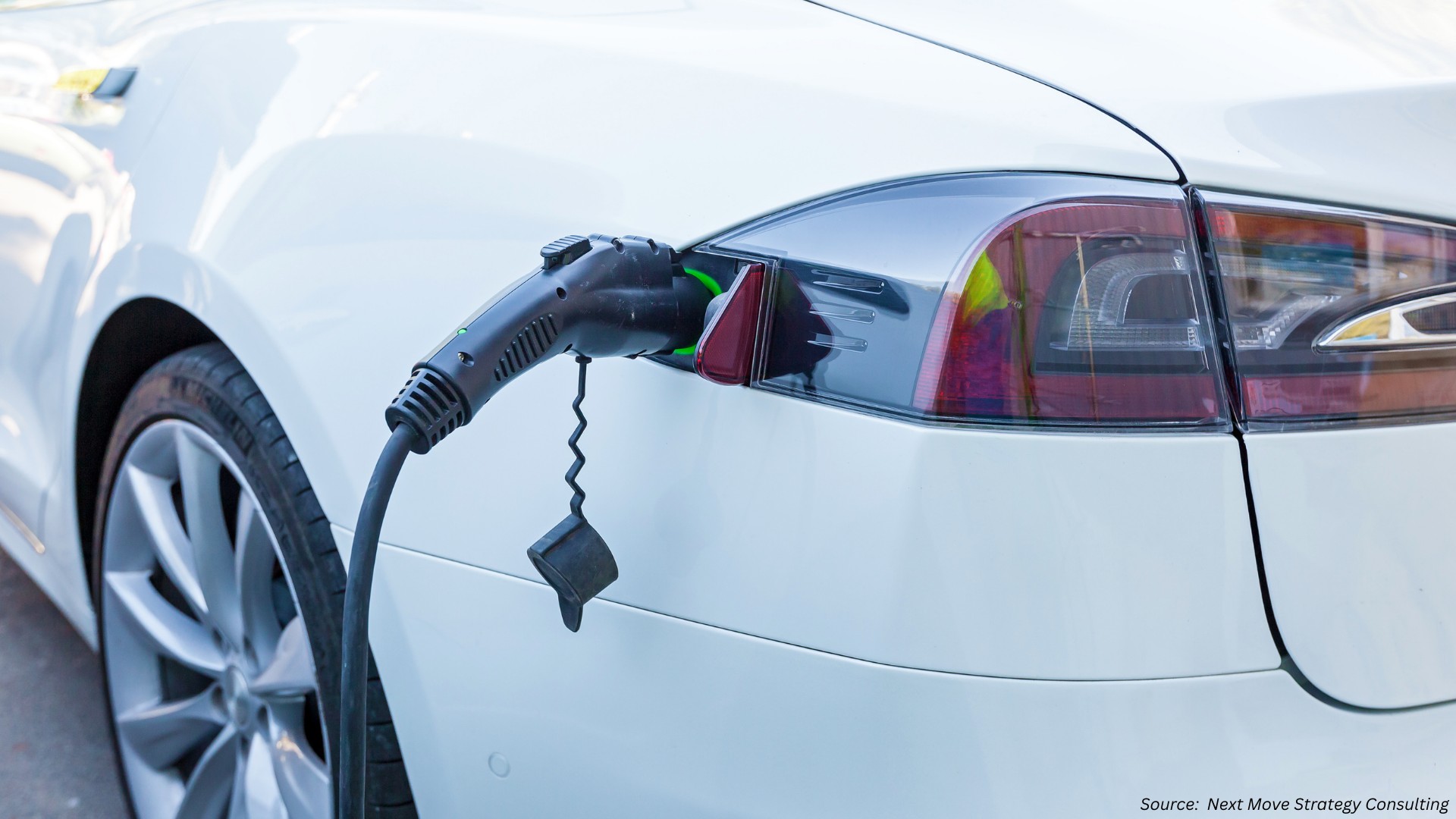
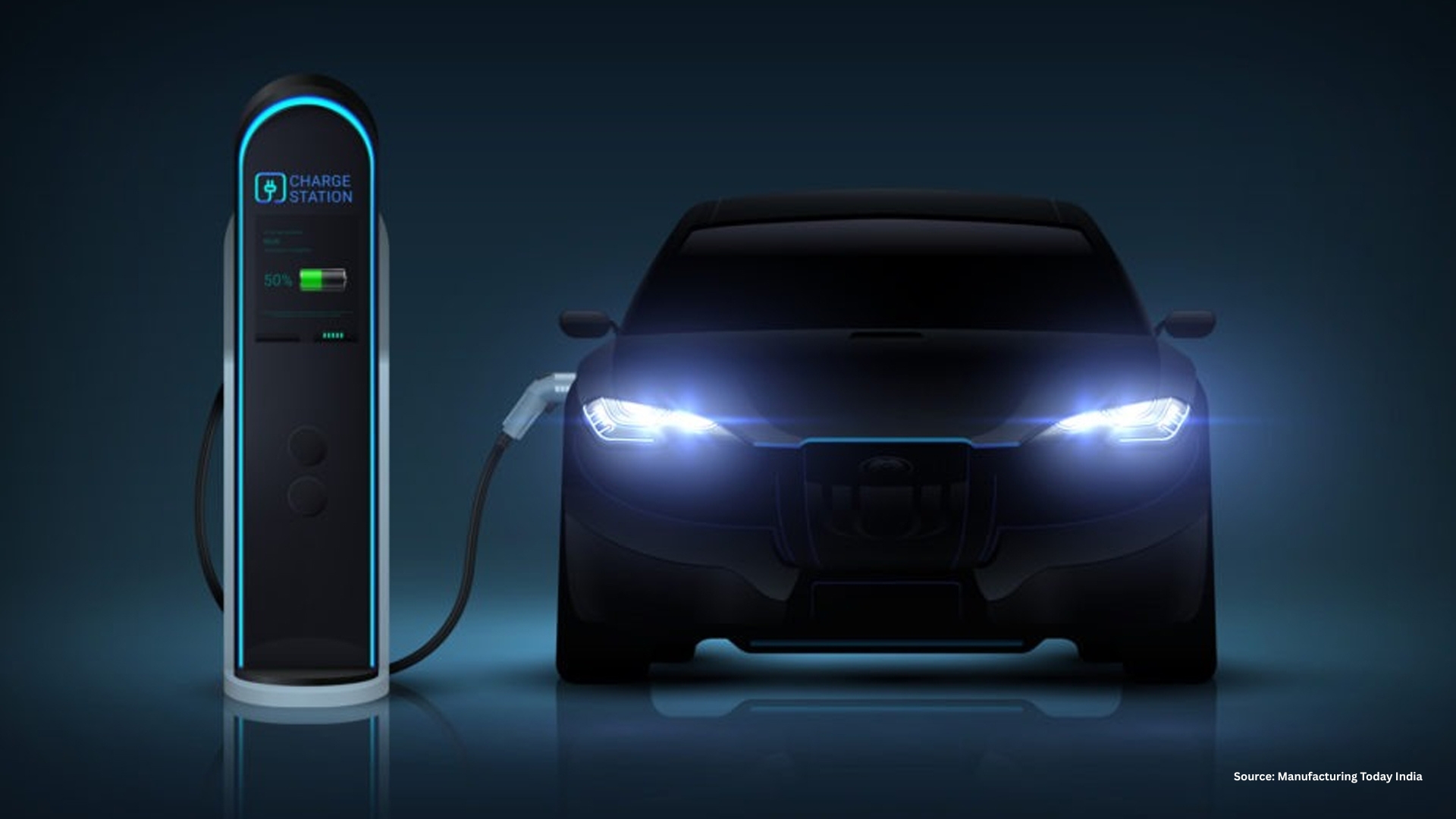




Add Comment